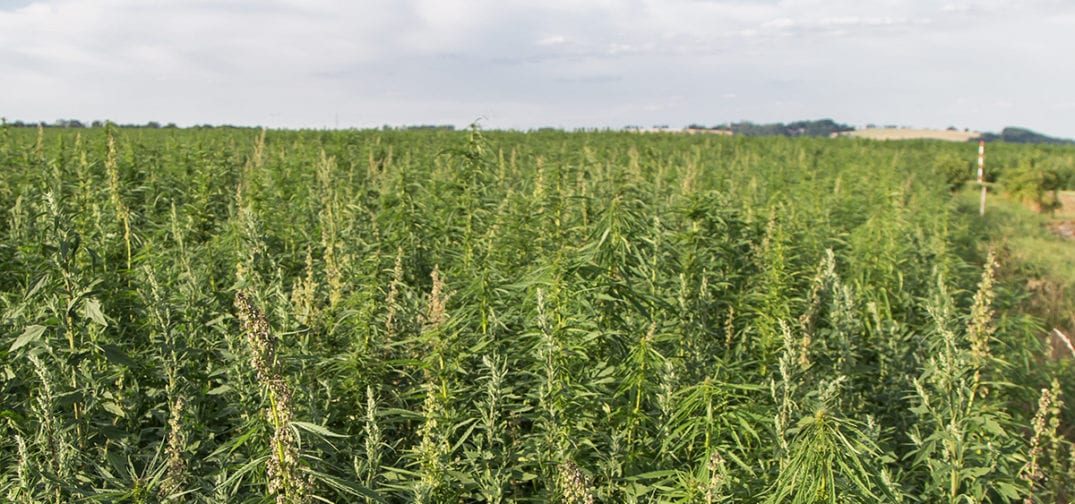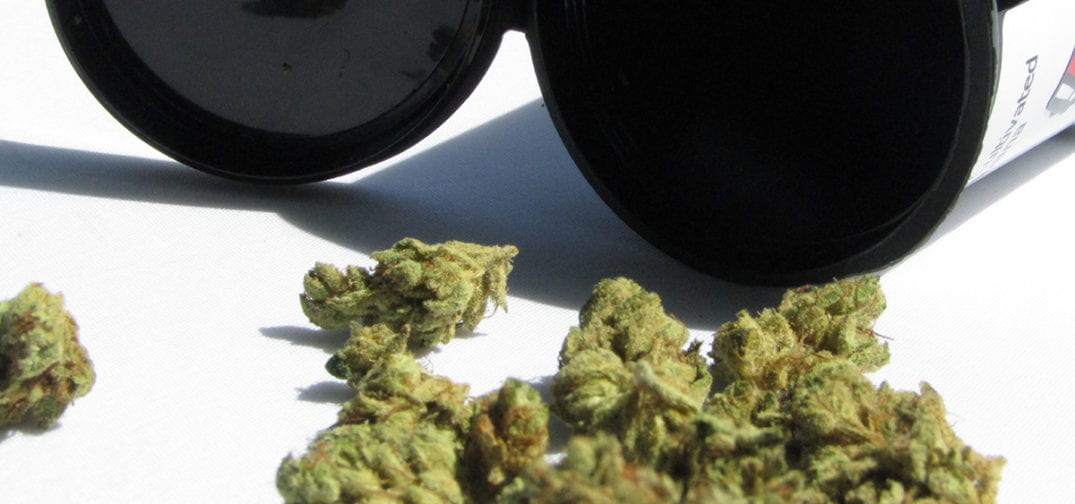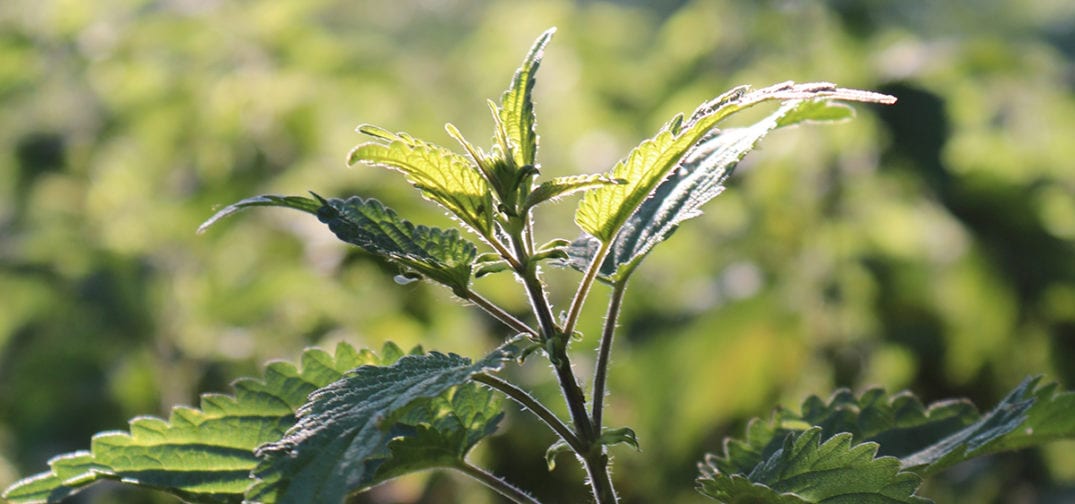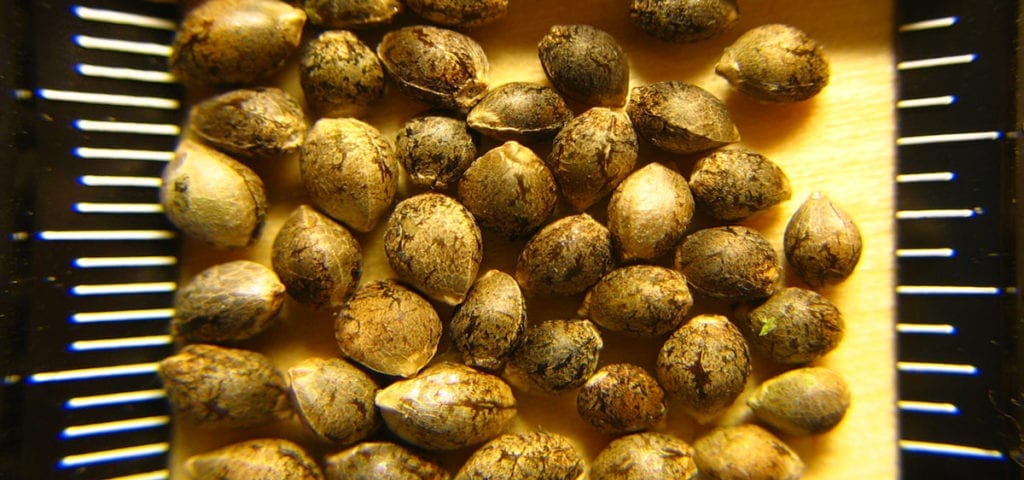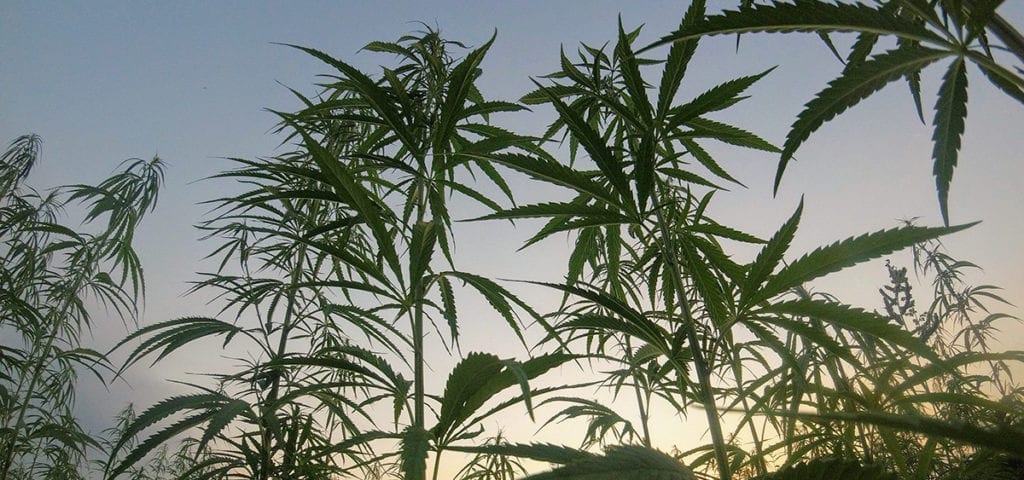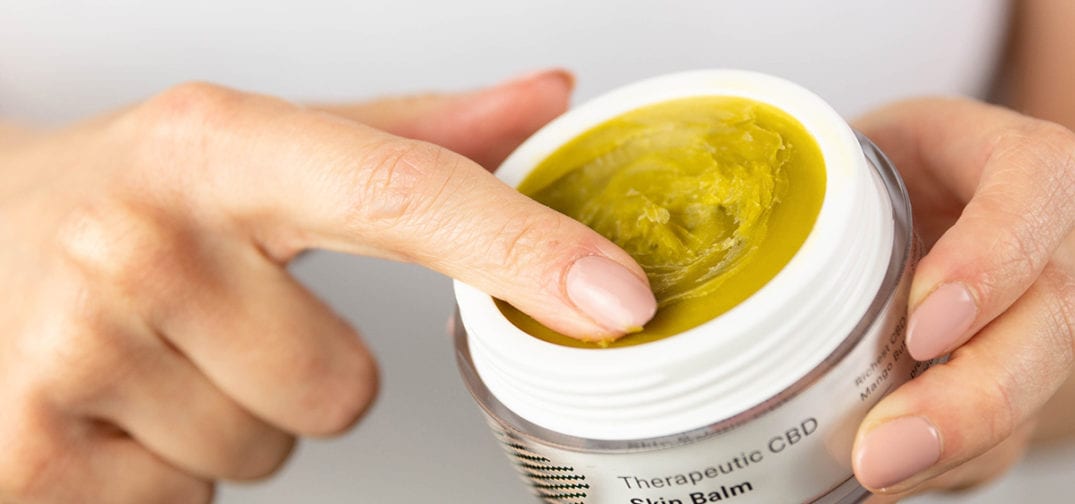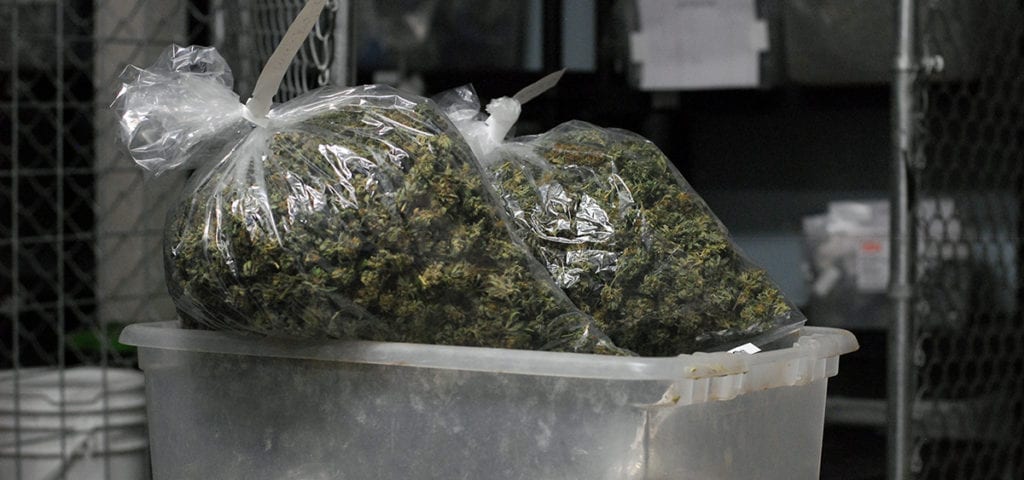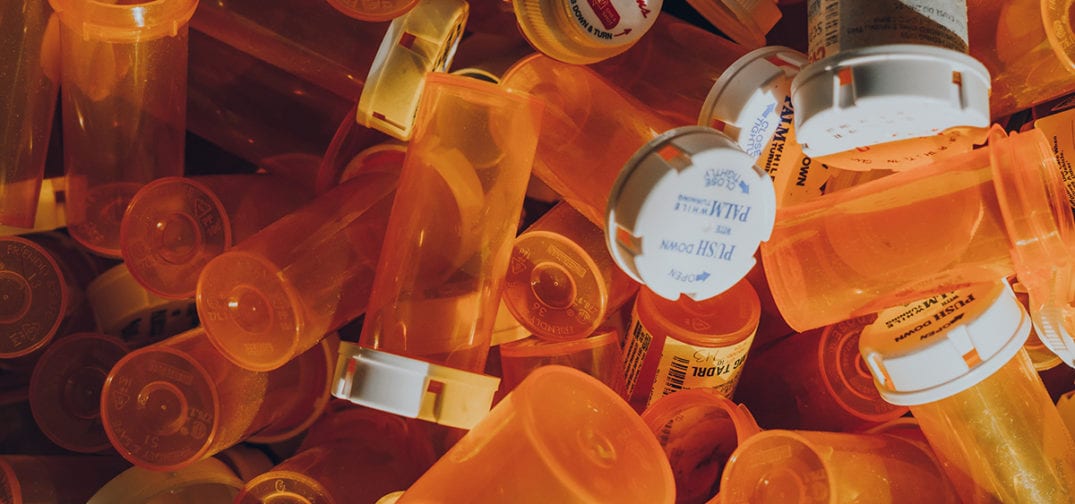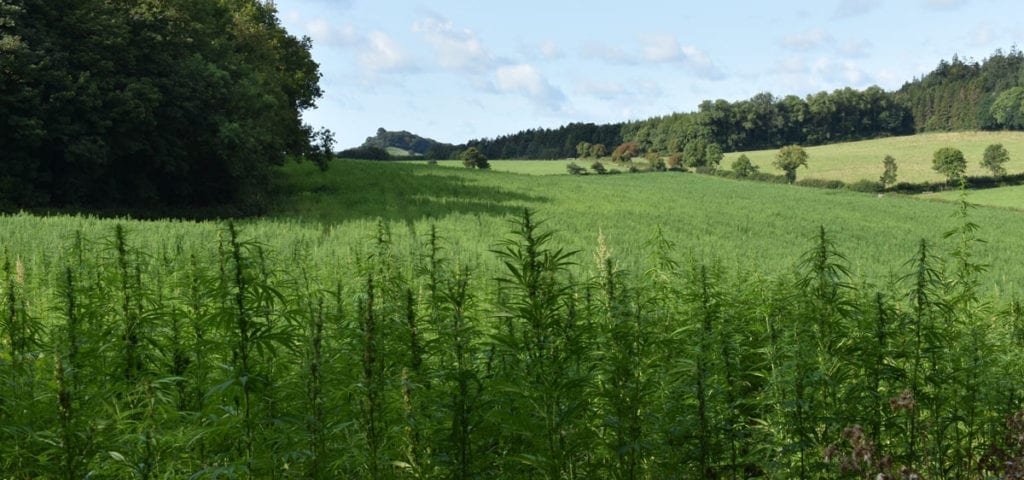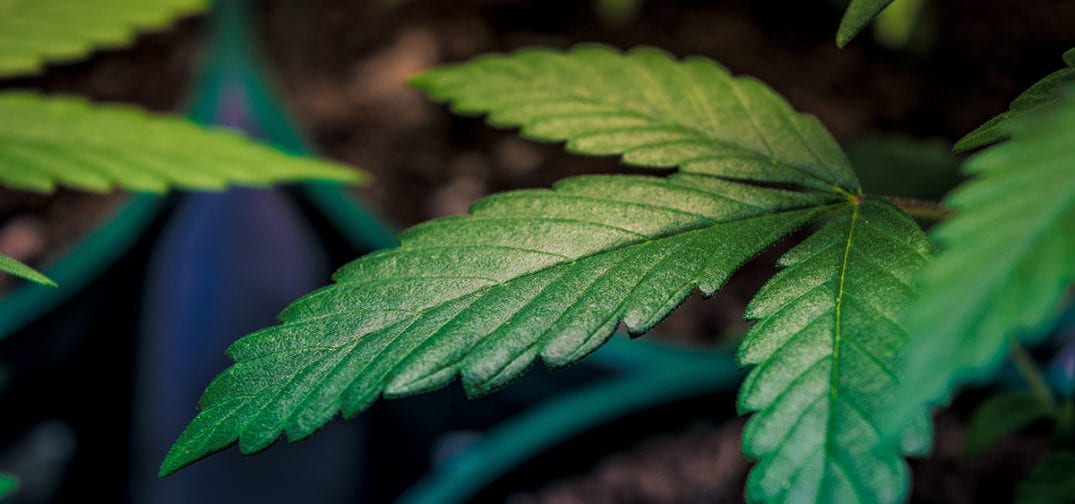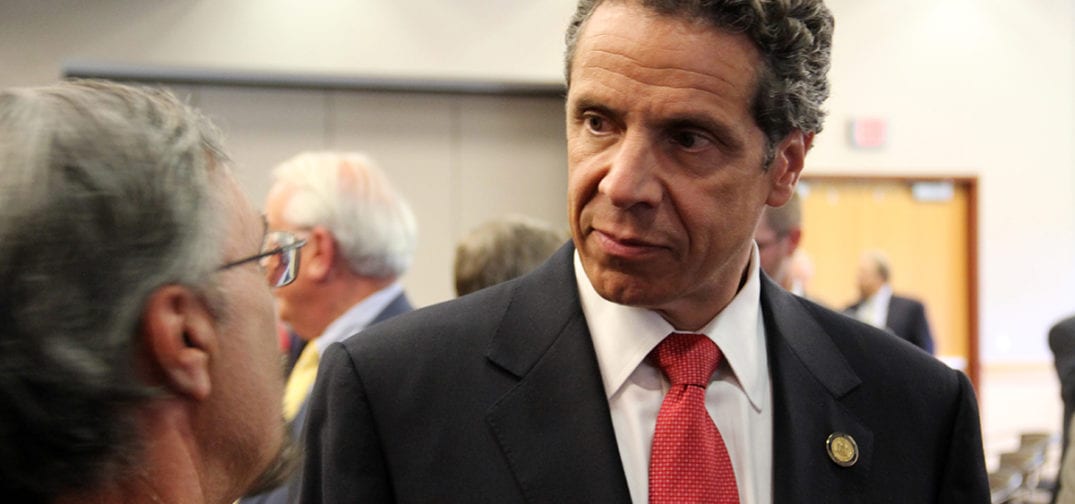European Union nation Luxembourg is planning to legalize cannabis production and consumption and is calling on its EU neighbors to relax their own cannabis laws, the Guardian reports. Under the plan, a state-run cannabis agency would regulate the production and distribution of cannabis products, and the legal age would be set at 18.
Health Minister Etienne Schneider told Politico that the nation’s drug policy over the last 50 years “did not work.”
“Forbidding everything made it just more interesting to young people … I’m hoping all of us will get a more open-minded attitude toward drugs.” – Schneider, to Politico, via the Guardian
Officials expect sales to commence within two years, with draft legislation likely to be unveiled this year outlining the what types of products will be allowed and the tax structure. Schneider said it was unlikely residents would be able to grow their own cannabis and that only residents would be able to purchase the products.
Nations that have legalized cannabis nationally include Uruguay and Canada; each – along with 11 U.S. states – are doing so in the face of international drug treaties which outlaw cannabis and limit treaty signatories “exclusively for medical and scientific purposes the production, manufacture, export, import distribution, trade, employment and possession of drugs.”
Luxembourg has already legalized medical cannabis.
End


